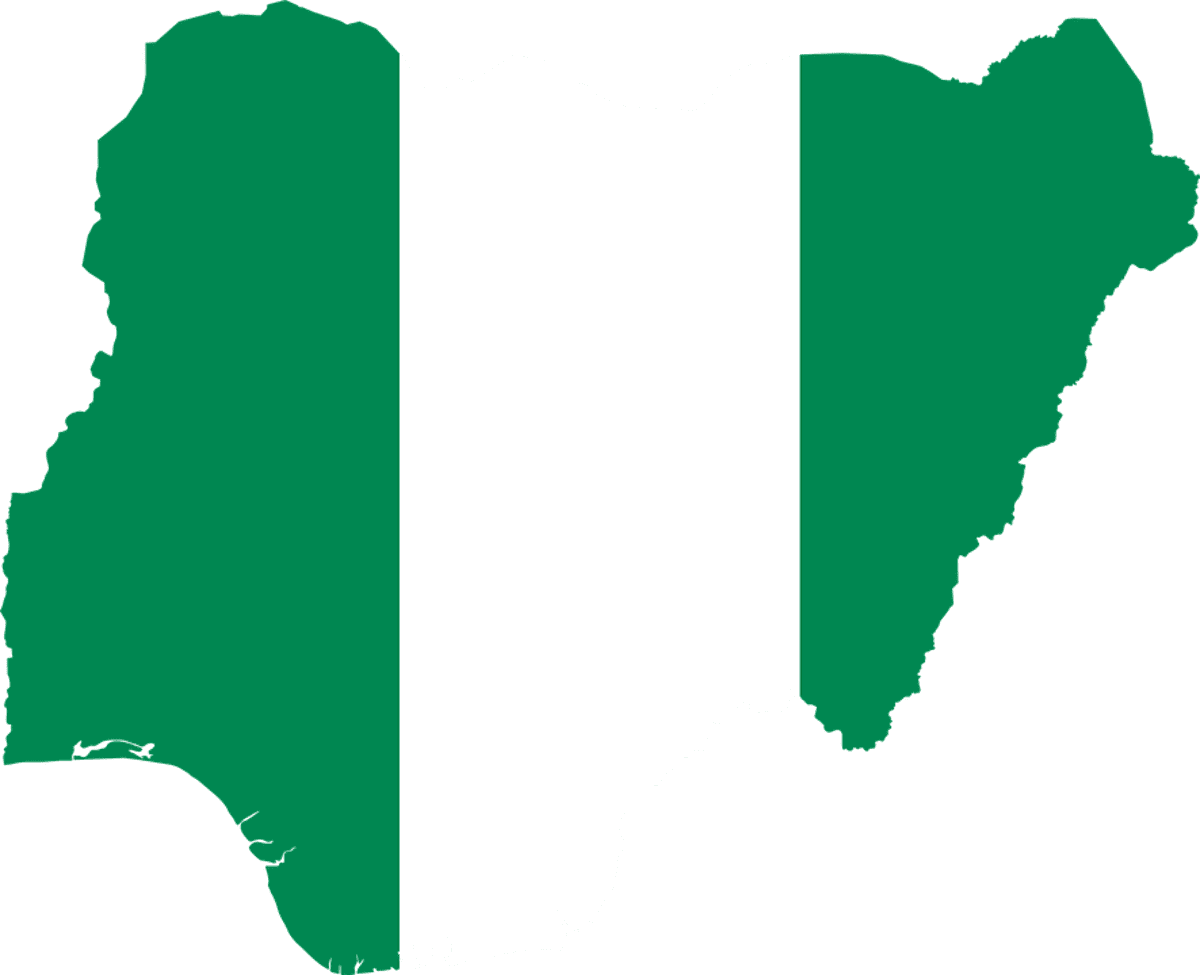On Tuesday last week, President Buhari tweeted that “many of those misbehaving today are too young to be aware of the destruction and loss of lives that occurred during the Nigerian Civil War. Those of us in the fields for 30 months, who went through the war, will treat them in the language they understand.” This Tweet with its reference to the civil war, was seen as a threat by many against the people of the South East and so they reported it. Threatening a genocide against a people is a violation of Jack’s Twitter and therefore, the president’s tweet was deleted. Two days later, President Buhari announced a ban on Twitter. The official reason given for the ban was not the deleted tweet but “the persistent use of the platform for activities that are capable of undermining Nigeria’s corporate existence.” Yeah, right. Ironically, the ban was announced on the official Twitter account of The Federal Ministry of Information and Culture. A couple of days later, Governor El Rufai re-tweeted an op-ed by a Serbian-American journalist, Nebojsa Malic, praising Buhari for doing what Trump couldn’t (banning Twitter) and “sending a clear message to San Francisco that this kind of behaviour by Big Tech will not be tolerated.” Imagine using Twitter to praise a Twitter ban when the government that you are a part of has criminalised Twitter? No one can make this to make sense.
Anyway, to circumvent the ban and despite the government’s threat to prosecute violators, Nigerians have been downloading VPN and using it to access Twitter. According to http://topvpn.com, demand for firewall-circumventing apps jumped by 1,405 percent over the weekend following the announcement. Unfortunately, some public VPNs may pose a cyber risk. A Twitter user posted recently about his experience when he downloaded VPN so he could WhatsApp while in China. His bank card details were compromised and used by someone in Pakistan. Anyhow, all that is besides the point. The point is that a democratically elected president suspended Twitter because his questionable tweets were deleted. Regardless of what the official claim is, the timing of the ban suggests otherwise. A joint statement released last week by diplomatic missions of Canada, the European Union, the Republic of Ireland, Norway, the United Kingdom and the United States voiced their displeasure with the ban because it inhibits freedom of speech and access to information. I heard a panelist on Dream FM Enugu today refer to the ban as not just infringing on freedom of speech but on “freedom of thinking” as well because she- and many others- write their thoughts on Twitter.
- As the Lagos-Ibadan standard gauge comes alive today
- Halt Naira free fall against dollar- Reps tell CBN
Apart from the freedom of speech infringement, one could argue that blocking access to Twitter in Nigeria would also affect (some) people’s livelihoods. In a country with rising unemployment- the 2021 unemployment rate, according to http://statista.com is expected to reach 32.6 percent – many young people especially, ‘sell their market on Twitter.’ They post, hoping that their clients are “on your TL.” For a long time, I used a tailor I found on Twitter. An inability to access this space means that these young entrepreneurs stand to lose some of their potential client base.
Additionally, Nigerians use Twitter to access and share news and information. For some, like Emmanuel Alumona who was interviewed by Al Jazeera, Twitter is their main source of news. In Alumona’s own words, “Twitter is like my newspaper. Whenever I want to check what’s happening in the country, I refresh my timeline.” When people go missing, family members and friends use Twitter to beg for help. The criminal who raped and killed Miss Ini Umoren was ‘caught’ on Twitter. The SARS protest/revolution was organised on Twitter. Even the social media arm of the campaign that brought Buhari to power was run, arguably, mostly on Twitter. Furthermore, there are organisations that provide important services – like MentallyAwareNigeria, often the first point of contact for people in need of mental health help – whose accessibility on Twitter makes a huge difference. Folks know to tag them when someone posts about harming or killing themselves. A few weeks ago, a potential suicide was averted when the young would-be victim posted his intentions on Twitter and MentallyAwareNigeria found his tweets and swung into action. It would not be the first time.
Democracies cannot limit citizen’s access to cyberspace because it is a public space like any other and can be a force for good. Yet, for all that good and despite the clampdown on freedom of speech that this ban (temporary or not) indicates, there are those who argue that while Twitter is within their right to remove any tweet they deem harmful on their platform, they are not within their right to impose their views on a sovereign nation and not expect a blow back. Nigeria can blow back all it wants but what does this say about Naija as a serious country? Dr. Tolu Olarewaju published a brilliant piece on Conversation.UK about how the Twitter ban could harm technology investment. What does this suspension tell citizens? That this government isn’t fully committed to democracy.
What’s the way forward? The only way forward is for Nigeria to remove the ban. Abi we are in a dictatorship? Let Nigerians in Naija have unimpeded access to Twitter even though, as a friend noted, a majority of Nigerians on social media channels do not use it. Now, if President Buhari had banned WhatsApp, he might have well had a riot on his hands.

 Join Daily Trust WhatsApp Community For Quick Access To News and Happenings Around You.
Join Daily Trust WhatsApp Community For Quick Access To News and Happenings Around You.

